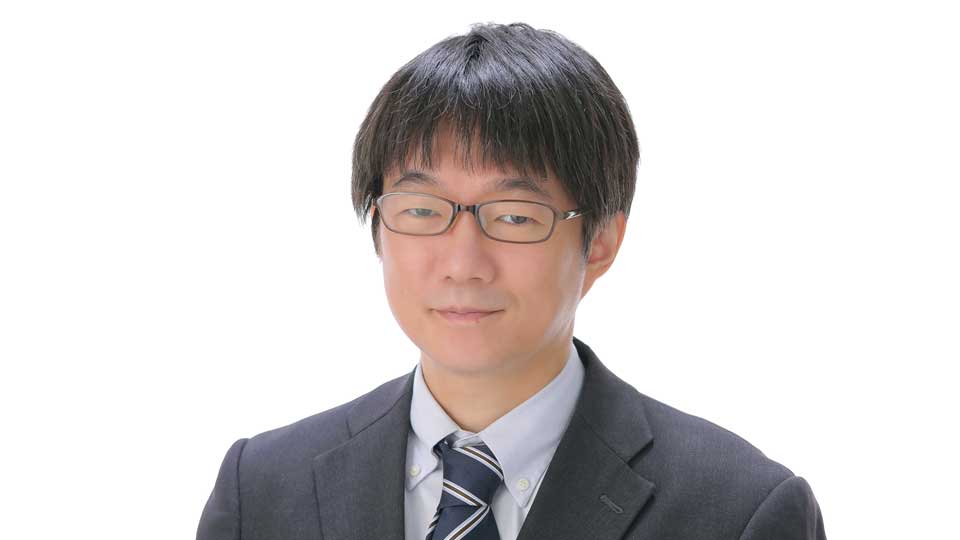Professor Ishii Shinya is an expert on geriatric medicine at Hiroshima University Graduate School. He heads a research group that has been studying how hospitals and long-term care facilities in Japan are coping with the coronavirus.
In a study conducted last June, after the first wave of the virus hit Japan, the group found that staff caring for dementia sufferers were facing a host of challenges beyond their usual duties.
Respondents said they were having difficulties preventing COVID-positive patients and close contacts from wandering and ensuring they wore face masks properly, managing the deterioration of dementia symptoms, and minimizing the risk of staff infection.
"In some cases, people with dementia don't understand infection control and wander out of the isolation zone," notes Ishii.
Furthermore, he says everyday restrictions that help prevent the spread of the virus may increase isolation and disrupt daily routines. That can exacerbate dementia-related behavior. Infection can also reportedly increase the risk of developing an acute state of confusion, known as delirium, that includes hallucinations and delusions. Ishii says patients can rip off oxygen masks, or become confused and turn violent.
This February, to help hospitals and care facilities manage these unprecedented challenges, the professor and his colleagues published a guidebook about how to manage dementia patients in their senior years who are infected with the coronavirus. The book addresses ways to prevent and manage worsening dementia-related behavior and delirium. The tips include "keeping the patients sufficiently hydrated," "speaking to them frequently," "allowing them room to move around in the facility," and "providing them with exercise programs."
The Kobe City Medical Center General Hospital is considering the suggestions as it battles a resurgence in cases. After the initial outbreak, the hospital installed intercoms in all inpatient rooms for COVID-19 to help medical staff communicate efficiently with patients. Staff are also working hard to keep cognitively affected patients informed of their status and treatment policy.
"The spread of COVID-19 is forcing changes at dementia care facilities," says Otani Kyohei, an expert on liaison psychiatry at the hospital. "I've been sharing the content of the guidebook so we can reexamine our current practices."

The guidebook offers clear guidance on a controversial issue: when to use restraints. Ishii says when and how to restrain a patient is prescribed by law for psychiatric wards, but not for general wards. He adds that the coronavirus has brought a new challenge, and the decision is left to the discretion of the medical staff.
"The practice is sometimes necessary to ensure patient safety and the administration of appropriate treatments. It can also be used to isolate patients from others as part of infection prevention measures," he says.
Ishii is worried caregivers dealing with a labor shortage may use physical restraints more often than they should. "Without proper judgment, the practice could do more harm than good to the patients," he warns.
The guidebook takes a clear position: "Unless used in an emergency with no other options available, physical restraints constitute a human rights violation or abuse." It also specifies what constitutes a last resort, including consideration by multiple staff members, organized decision-making, consent from the patient and their family after a full explanation, and swift termination once judged unnecessary in a periodic review.
Ishii says the labor shortages in hospitals and care facilities also mean that staff attending to dementia patients might not always have been trained to treat that condition.
"The guidebook may not offer anything new to those specialized in dementia. But not all physicians and nurses are accustomed to these practices. And it's crucial that they treat COVID-19 patients while minimizing its effects on their dementia."

